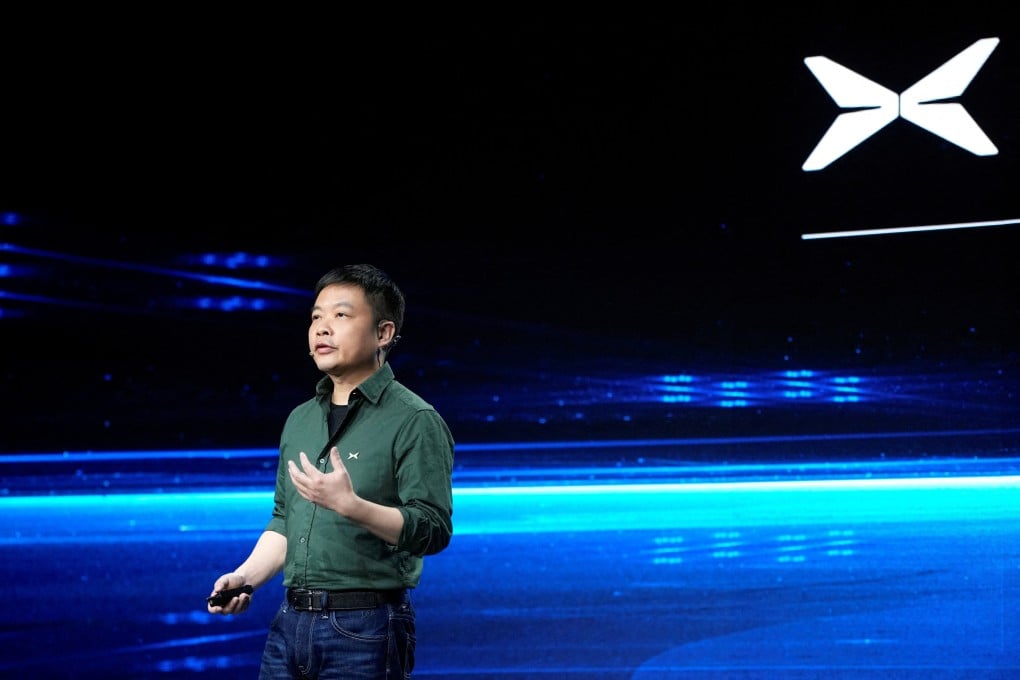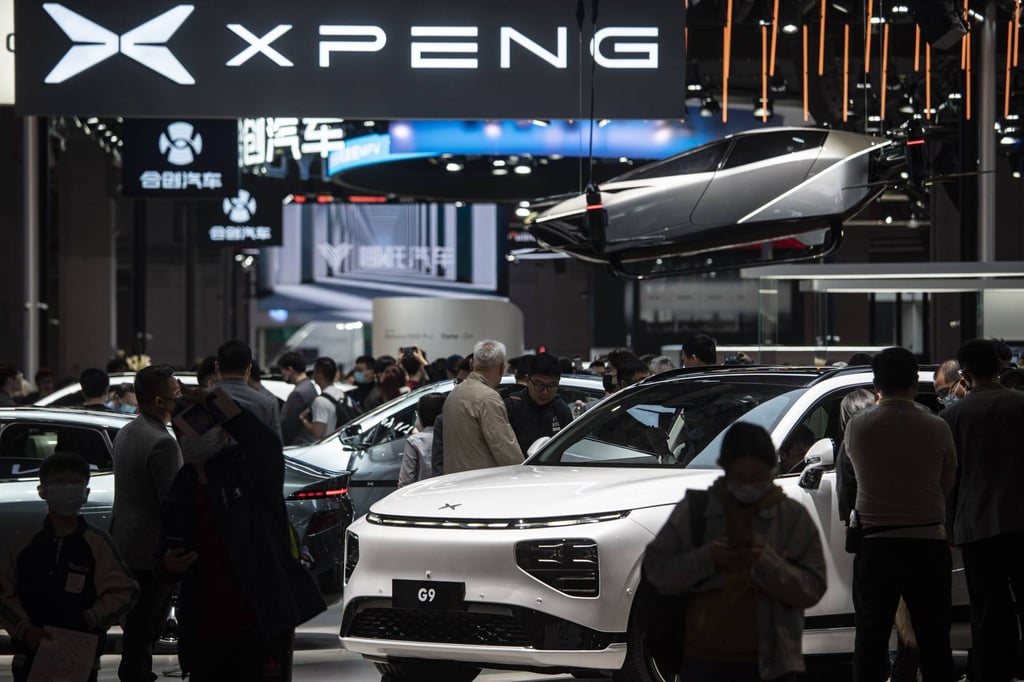Chinese EV maker Xpeng unveils capex blitz as it sees no let-up in market bloodbath
- Xpeng plans to hire 4,000 workers this year, as it puts flesh on a blueprint to roll out 30 new models over the next three years
- China’s EV makers have an oversupply issue as more than 200 firms, capable of manufacturing 20 million cars, fight it out in a market absorbing only 8.9 million cars

“It will be the first year that the EV competition enters into a new phase of bloodbath,” he told the Guangzhou-based carmaker’s employees in a letter that was obtained by the Post. “Xpeng has been striving to survive fierce competition right from the beginning and has accumulated sufficient experience. I believe we will eventually triumph if we keep up the hard work.”
The letter goes on to say that 30 new models will be launched by the company over the next three years. Xpeng confirmed the contents of the letter.

According to calculations made by media outlet China Business News in September, at least 15 EV start-ups, with a combined annual production capacity of 10 million units, had either collapsed or were on the brink of insolvency as fierce price-cutting in a bid for market share, drove participants out of the industry. This compares with the 8.9 million EVs sold in mainland China last year. Still, the estimated manufacturing capacity of the sector is an imposing 20 million.
While the growth pace has been frenetic so far – last year’s sales grew by 37 per cent year on year, signs of a slowdown are worrying carmakers with Fitch Ratings predicting sales will expand by only 20 per cent in the current year.